TEHRAN (Bazaar) –Nader Entessar, Professor Emeritus of Political Science from university of South Alabama says that the Chiese-Iranian cooperation, will certainly boost the potential for the growth of the Iranian economy, but we should not expect any near-term impact as there are still a number of unknowns that need to be worked out between China and Iran.
He also says “Raisi administration has shown greater interest in the 25-year old agreement with China than the Rouhani government had shown.”
Following is the full text of the Bazaar interview with Professor Entessar:
Bazaar: At the end of the meeting with the Chinese Foreign Minister, Iranian Foreign Minister Hossein Amir-Abdollahian said: “During this visit, we agreed to announce the implementation and start of the 25-year strategic and comprehensive cooperation agreement between the two countries.” In your opinion, what effects will the implementation of this agreement have on the Iranian economy?
Entessar: The original text of the agreement provides the general framework of the Chiese-Iranian cooperation, but the details and specifics of such cooperation still need to be worked out. This may take some time. Therefore, the immediate impact of the agreement on Iran's economy will be negligible. The agreement will certainly boost the potential for the growth of the Iranian economy, but we should not expect any near-term impact as there are still a number of unknowns that need to be worked out between China and Iran.
Bazaar: This trip took place while the Vienna talks are continuing. Can the announcement of the implementation of the 25-year cooperation document between Iran and China keep Iran's hand open in the Vienna talks?
Entessar: Perhaps the political impact of the agreement will be more apparent in the immediate environment of Iran-West relations. The agreement can, under appropriate circumstances, help Iran's negotiating leverage during the Vienna talks and beyond.
Bazaar: Why did China make this decision in the midst of the Vienna negotiations?
Entessar: My understanding is that the Raisi administration has shown greater interest in the 25-year old agreement with China than the Rouhani government had shown. The "Eastern-focused" dimension of Raisi administration's foreign policy may have played a role in the Chinese decision to accelerate the process of finalizing this agreement with Iran now. Chinese also may have wanted to send a clear signal to the Biden administration that Beijing's broad political and strategic goals in Southwest Asia are not contingent upon the vagaries of the 4+1 negotiations with Iran. From a strategic perspective, the timing of the announcement of the impending implementation of the China-Iran agreement was appropriate.
Bazaar: Simultaneously with the Iranian Foreign Minister's visit to China, we witnessed the presence of a delegation from the Gulf Cooperation Council to China and in a joint statement issued after the meeting of senior officials of the two sides, signed the “Joint Action for Strategic Dialogue” program which should be done between 2022 and 2025, they emphasized. The two sides also stressed the need to complete negotiations on a “free trade agreement between the Gulf Cooperation Council and China and the establishment of a free trade zone between the two sides.” What is the importance of this free trade zone between the stakeholders?
Entessar: China's foreign policy in the Persian Gulf is predicated on balancing the interests of various players and not undertaking measures that may be construed as favoring one regional player or bloc. Chinese has multiple interests in the region that requires cooperating with all players to enhance Chinese economic and strategic interests. Iran constitutes one pillar of China's expanding relations in the region. The GCC countries are also extremely important to the overall solidification of China's foothold in the region. Therefore, one should not be surprised when Beijing signs major economic and strategic agreements with a variety of regional countries.
Bazaar: Some time ago, CNN reported on the transfer of Chinese ballistic missile production technology to Saudi Arabia. Is China trying to play a US-like role in the Persian Gulf?
Entessar: At this stage in its history, China has no desire nor does it have the capability to play a US-like role in the Persian Gulf. In other words, Beijing does not take sides in regional conflicts. When China undertakes measures such as transferring ballistic missile production technology to Saudi Arabia, it does so to curry favors with the target country in order to solidify its economic foothold in that country.





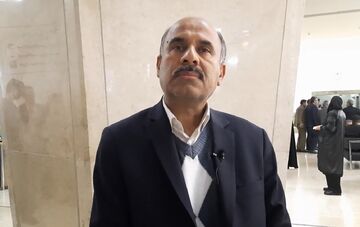



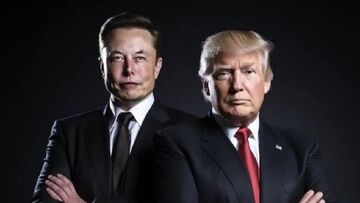
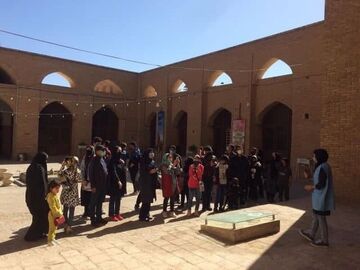
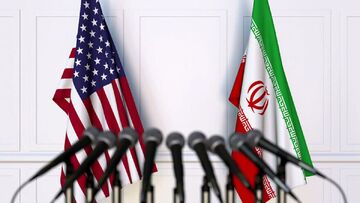


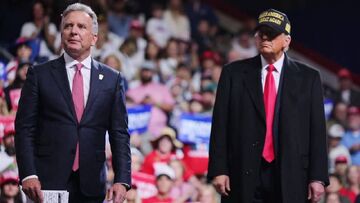
نظر شما